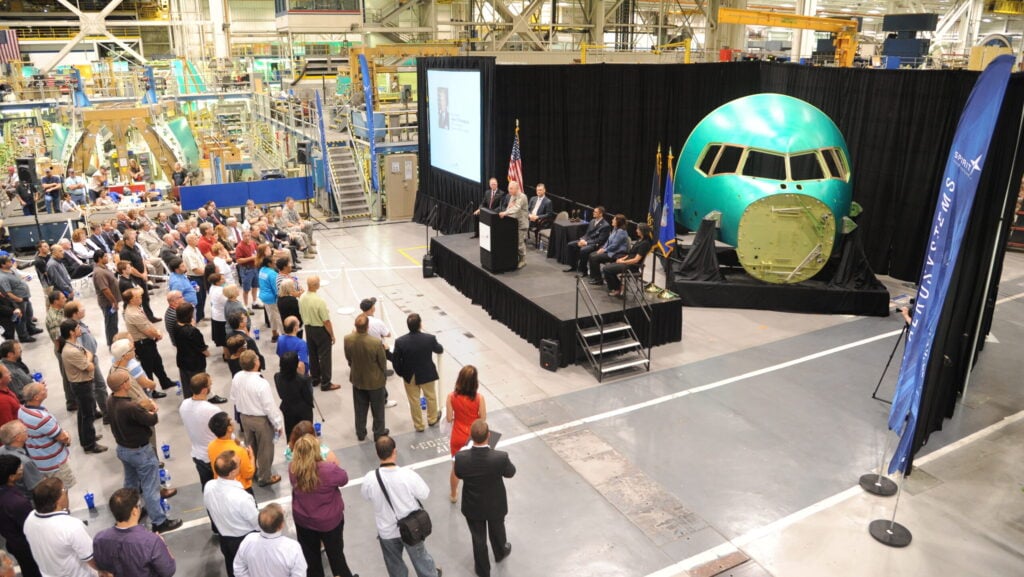Adam Yedidia, a college friend of Bankman-Fried who went to work for FTX as a software developer, said he later resigned when he learned Alameda was using those customer funds to pay back its creditors.
“What Alameda did seemed like a flagrantly wrong thing to have done,” Yedidia told the court.
Jurors also heard Gary Wang, FTX’s former chief technology officer, say he committed financial crimes at the company, along with Bankman-Fried and two other top executives. Wang pleaded guilty in December to committing wire fraud, securities fraud and commodities fraud, and he is cooperating with the prosecution.
Wang told jurors that at Bankman-Fried’s direction, he helped give Alameda the ability to withdraw “unlimited funds” from FTX and lied about it to the public. His testimony, including cross-examination by the defense, is expected to continue Friday.
For Yedidia’s part, the revelation that something was amiss at the company was months in the making. He said he first learned Alameda was holding such a vast amount of FTX customer funds in the summer of 2022, after Bankman-Fried assigned him to fix a bug in the company’s code.
The glitch was causing the company’s internal accounting to overstate the amount the hedge fund owed back to FTX customers. In resolving it, Yedidia found Alameda owed FTX customers $8 billion. “It was a very large debt, and I wanted to be sure Alameda could repay it,” Yedidia said.
Concerned, he questioned Bankman-Fried about the matter on a paddle tennis court on the grounds of the luxury real estate complex where they shared a penthouse apartment with other top executives. Bankman-Fried, looking “worried,” told Yedidia: “We were bulletproof last year” but weren’t anymore. It would take the company six months to three years to recover, Bankman-Fried added.
Yedidia said he didn’t press further, figuring Bankman-Fried and other top executives had the matter in hand. He stayed at the company for several more months, even when rumors of FTX’s insolvency prompted a customer run on its deposits in early November of that year. Hearing that other executives were quitting, he reassured Bankman-Fried in a Signal message. “I said, ‘I love you Sam. I’m not going anywhere. Don’t worry,’” Yedidia said.
He resigned days later when he learned Alameda had misspent FTX customer funds, he added.
Defense lawyers noted Yedidia believed in the future of the company while he worked there, investing a $6 million cash bonus he received in late 2021 into FTX shares. Under further questioning from prosecutors, he said that belief changed as the company collapsed and he learned that “FTX defrauded all of its customers.”
At one point during Wang’s testimony, Assistant U.S. Attorney Nicolas Roos asked how the name Alameda Research came to be. Wang said Bankman-Fried chose it to sound professional enough for the company to secure a bank account and office space.
“If we named our company like, S–tcoin Daytraders Inc., they’d probably just reject us,” Bankman-Fried said in a 2021 sound bite played for the courtroom.
The testimony, paired with a Thursday report by the Wall Street Journal, paints the clearest picture yet of the moments when cracks appeared in Bankman-Fried’s crypto empire in the months before FTX’s bankruptcy — and how his inner circle of executives responded.
The Journal’s report found that employees of the LedgerX, a crypto-derivatives exchange that FTX had acquired the previous year, realized as early as May 2022 that there was a “back door” in Alameda’s code that allowed it to withdraw customer funds from FTX and carry a negative balance of up to $65 billion. An employee of LedgerX brought the issue to FTX leadership and was later fired, according to the report, which also alleged that potential whistleblowers who knew of the arrangement were paid to keep quiet.
Tan reported from Washington.












/cdn.vox-cdn.com/uploads/chorus_asset/file/24016888/STK093_Google_01.jpg)






